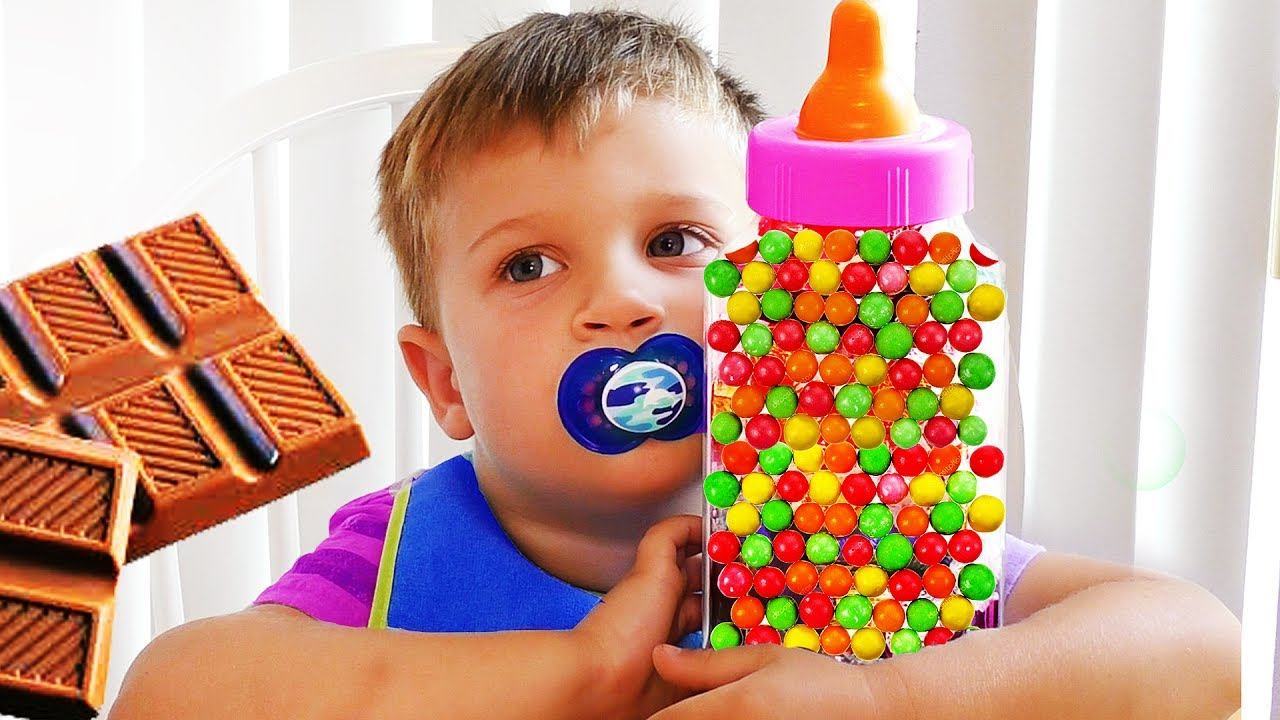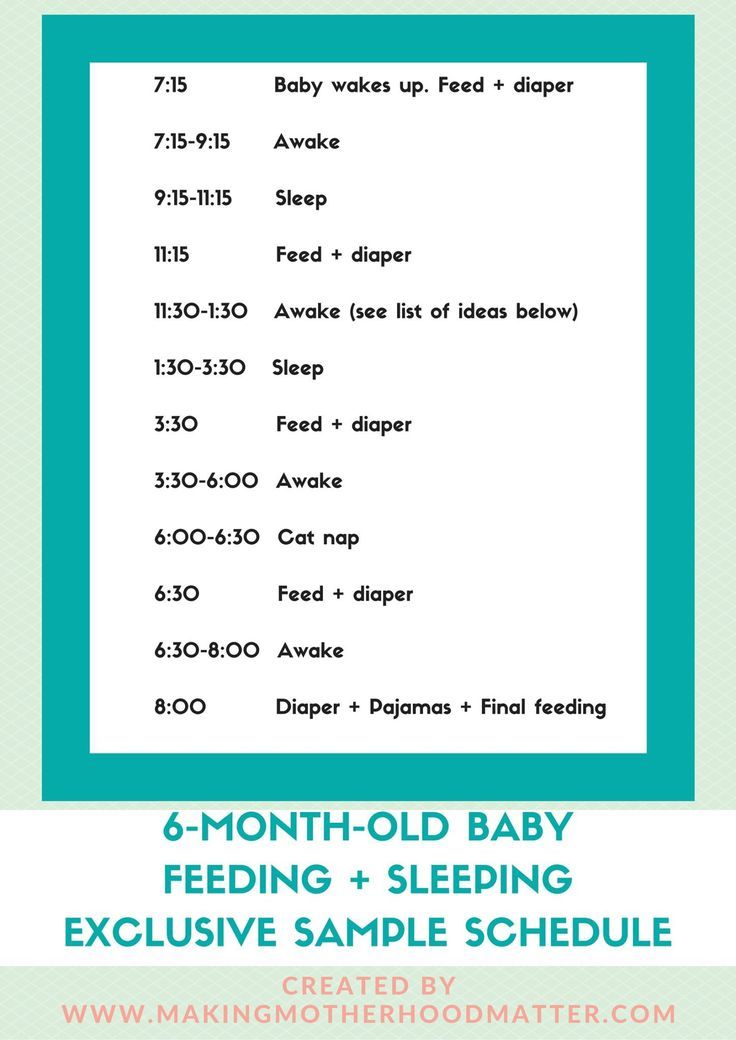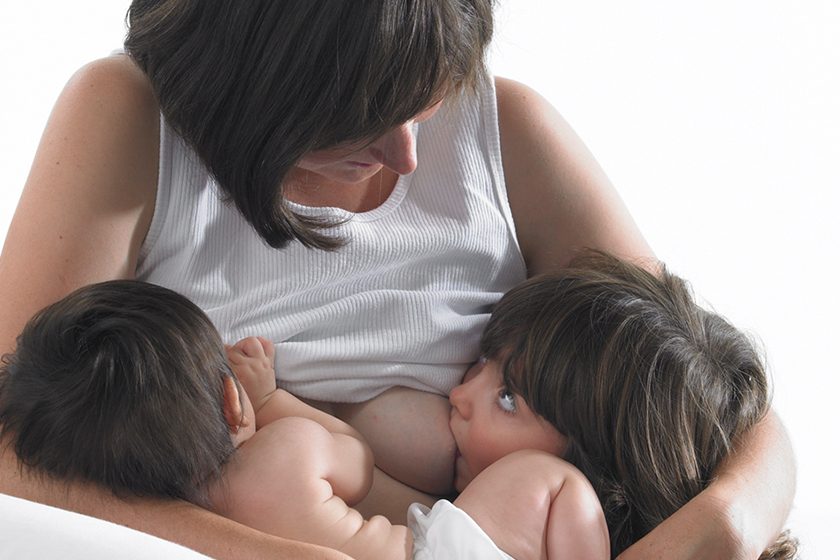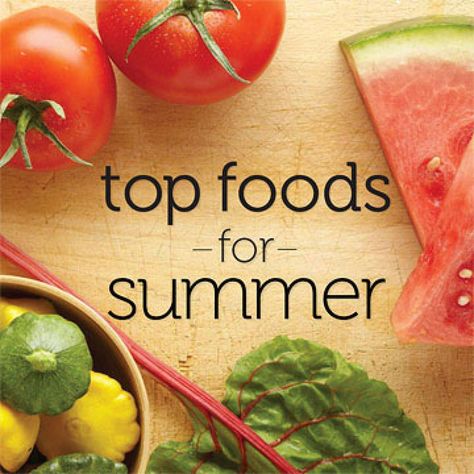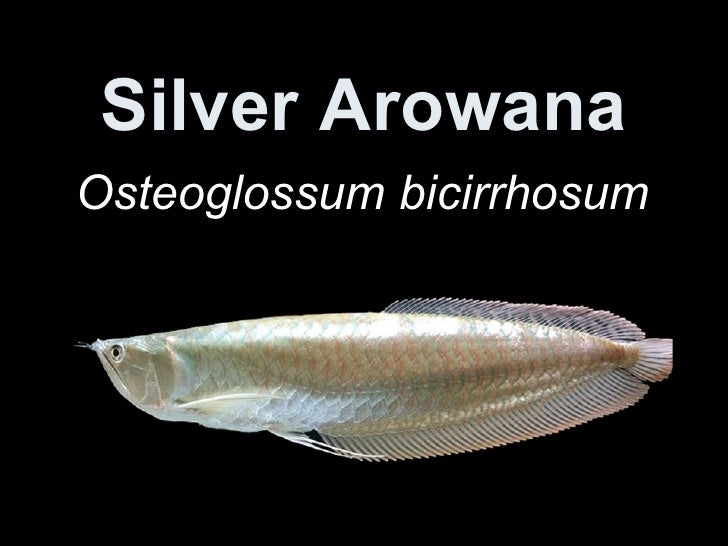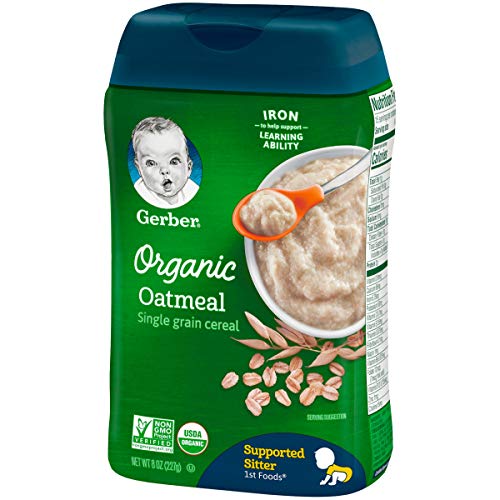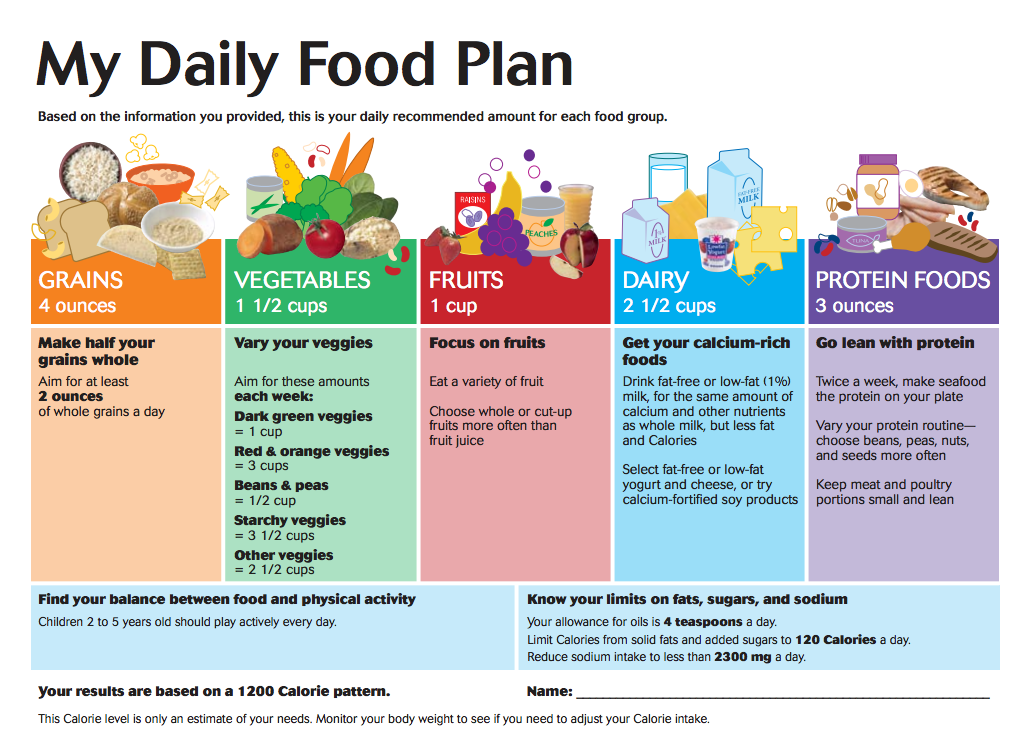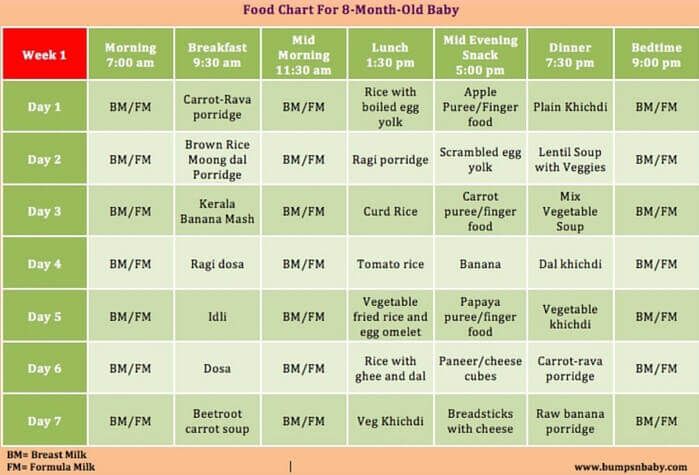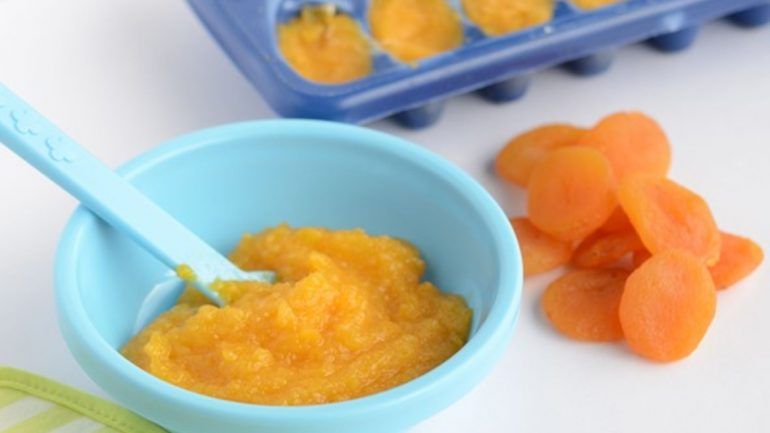Worst foods for babies
The worst foods for babies
Babies need lots of nutrients, but have tiny stomachs – and you don't want your baby to fill up on empty calories instead of the vitamins and minerals needed to grow. At the top of the list of foods to avoid are choking hazards such as whole grapes, whole nuts, hot dogs, popcorn, and large chunks of nut butter. Other unsafe foods for babies include honey and unpasteurized foods. Soda, juice, and fruit drinks aren't healthy for babies – they're high in sugar and provide no nutrients. Same goes for fast foods and processed foods, since these are often high in saturated fat, sugar, and sodium.
Babies don't need many calories, but they do need lots of nutrients. Yet some foods commonly offered to babies are high in calories, sugar, or salt, and low in nutrients.
Because babies are so small, it's easy for them to fill up quickly on foods with empty calories, leaving no room for nutrient-rich healthy foods. This nutritional deficit can even hinder development, says doctor and registered dietitian Christine Gerbstadt.
That's why it's important to know which foods are best for babies and which ones to avoid, including unhealthy choices and potential choking hazards. Here's our list of the worst foods for babies.
Unsafe foods
Hard, sticky, slippery, chunky, and round foods are unsafe for young children because they can easily choke on them. Hot dogs, sausages, large pieces of meat or cheese, whole grapes, popcorn, chunky raw vegetables, and whole nuts and seeds are all choking hazards. Chunky nut butters and other sticky foods – such as jelly or gummy candies, dried fruit, and marshmallows – can also get stuck in your child's throat.
Once you start serving your baby finger foods, be sure to cut food into pieces no larger than half an inch.
Honey is off-limits for babies – don't give your little one any foods containing raw or cooked honey. It can contain the Clostridium botulinum organism, which can cause serious illness or death among infants.
Never give your baby unpasteurized foods or beverages, such as unpasteurized juices or "raw" milk, yogurt, or cheeses.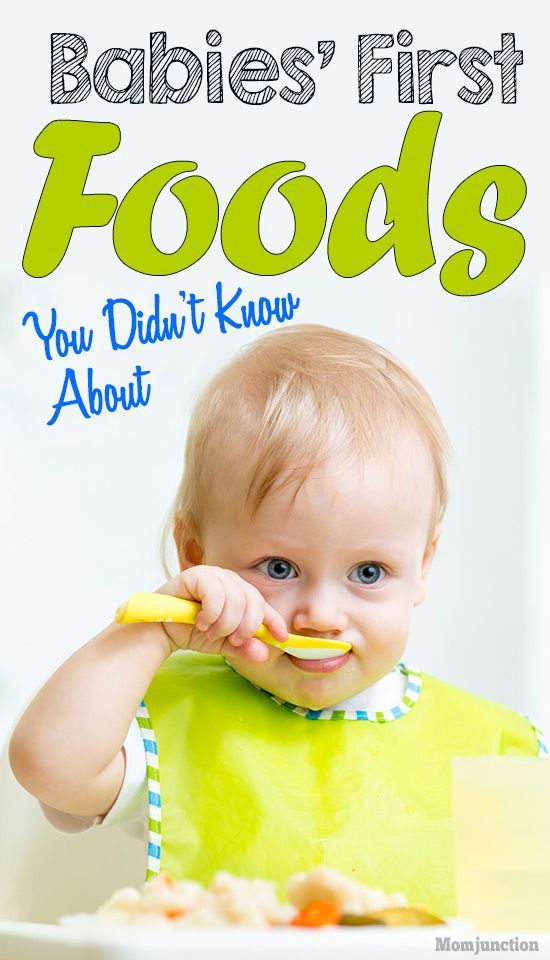 They could contain harmful bacteria and parasites.
They could contain harmful bacteria and parasites.
Learn more about foods that can be unsafe for your baby.
Advertisement | page continues below
Fast food and processed foods
Fast food and highly processed foods are often loaded with saturated fat, sugar, salt, and calories and low in healthy nutrients. They shouldn't be on the menu for your baby.
People define "processed" in different ways, but in general, the more the food is modified from what was originally caught, raised, or grown – and the longer the list of ingredients – the more processed it is.
"The more processed the food, the more nutritional value tends to go down, and the more the sugar, salt, and fat content goes up," says Kate Geagan, dietitian and author of Go Green, Get Lean.
Check nutrition labels when choosing packaged baby food. The best baby foods have few ingredients and no added salt, sugar, or modified food starch.
Ready-to-eat foods meant for older children and adults aren't the best choice for babies.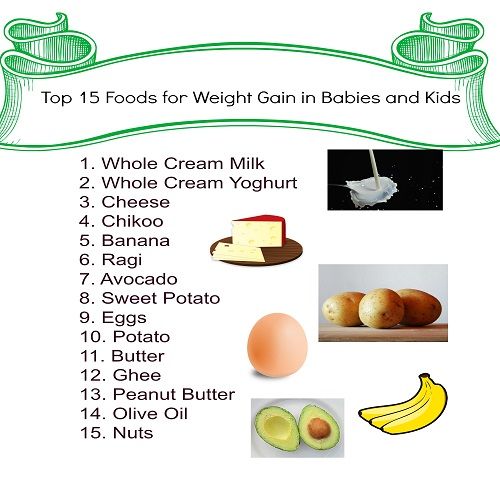 "They often contain way too much sodium," says dietitian Eileen Behan, author of The Baby Food Bible.
"They often contain way too much sodium," says dietitian Eileen Behan, author of The Baby Food Bible.
For example, instead of serving canned pasta entrees, it's better to boil some noodles and sprinkle some cheese on top. And instead of serving deli meats, which are often high in sodium and carry a risk of food poisoning, cut up small bits of roast chicken or hamburger.
Juice, fruit drinks, and soda
It's not surprising to see soda on this list. Whether regular or diet, soda provides no nutrients, and filling up on either type means babies eat and drink less of the nutritious food their bodies really need. Regular soda also contains loads of sugar, which can cause tooth decay. Added sugars aren't recommended at all for children under 24 months.
But fruit drinks ... and even 100-percent juice? Sure, these beverages contain fruit, but that doesn't mean they're healthy. The fiber in fresh fruit is largely lost in the juicing process, and what's left is a whole lot of sugar. Juice can also cause diarrhea in some babies.
Juice can also cause diarrhea in some babies.
"Juice is basically a waste of calories," says pediatrician Ari Brown, coauthor of Baby 411: Clear Answers and Smart Advice for Your Baby's First Year. Using juice to sweeten your baby's food isn't a good idea either: The sugars in juice can make food pass through the digestive tract more quickly, interfering with the body's ability to absorb nutrients.
And don't be fooled by advertisers' claims that juice provides babies with necessary vitamin C. "Babies can easily get their vitamin C from one small serving of fruit," says Brown.
Juice isn't recommended for babies younger than 12 months. The American Academy of Pediatrics (AAP) recommends that babies younger than 6 months drink only breast milk or formula. From 6 to 12 months they can have small amounts of water, but breast milk or formula should still be their main beverage.
After your baby's first birthday, whole cow's milk is the recommended beverage (though your toddler can continue breastfeeding as long as you both enjoy it).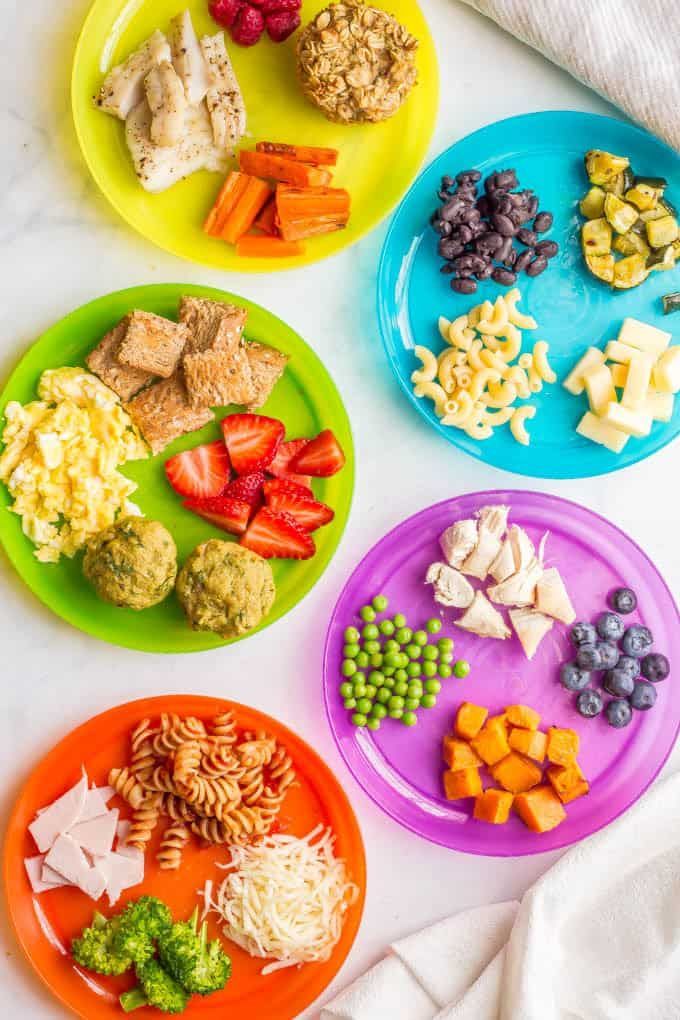 Your toddler can have a small daily serving of 100-percent juice, but the AAP still recommends limiting juice for all kids.
Your toddler can have a small daily serving of 100-percent juice, but the AAP still recommends limiting juice for all kids.
Learn more about the best and worst drinks for kids.
Learn more:
Age-by-age guide to feeding your baby
Baby food revolution: New rules for feeding your baby
How to make your own baby food
Was this article helpful?
Yes
No
The five worst foods for babies
In this article
- 1. Crisps and salted crackers
- 2. Ready meals for older children or adults
- 3. Sweets and chocolate
- 4. Fizzy drinks
- 5. Fruit juices and smoothies
When your baby is about six months old, you can introduce them to a wide variety of foods. Giving your baby a healthy, balanced diet will help to ensure they get the vitamins and nutrients they need as they grow (NHS nd,a).
Try not to give your baby foods that are high in sugar or salt (NHS 2018a).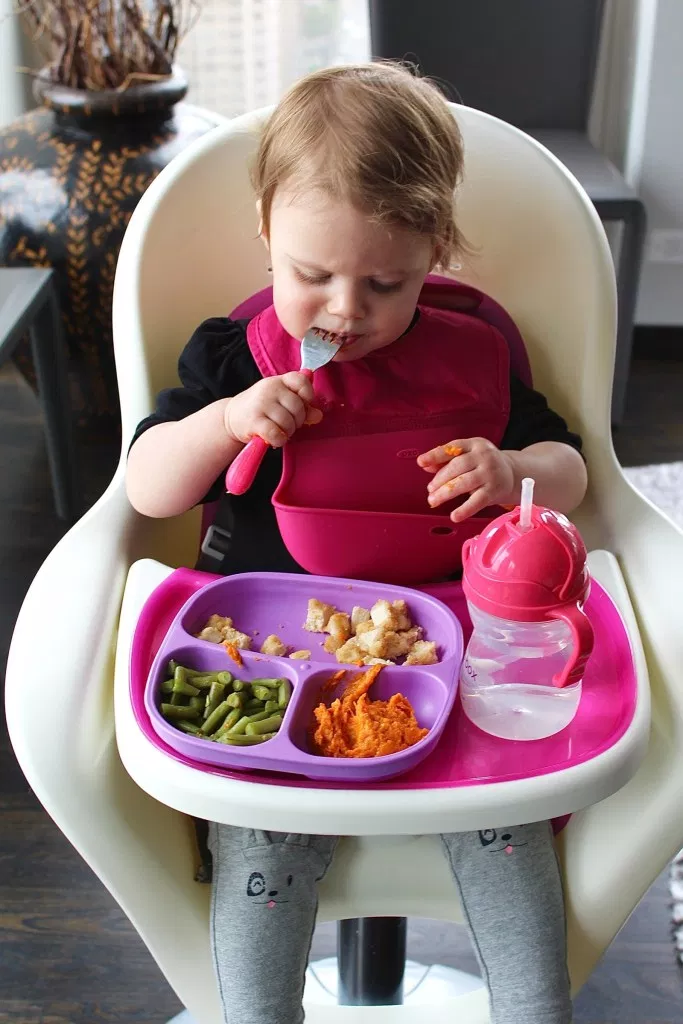 Too much sugar is bad for your baby's emerging teeth, while too much salt is bad for their kidneys (NHS 2018a). If your baby gets a taste for sugary or salty foods, it may be harder for you to persuade them to try healthy options (BNF 2009, ITF 2014a, NHS 2016a).
Too much sugar is bad for your baby's emerging teeth, while too much salt is bad for their kidneys (NHS 2018a). If your baby gets a taste for sugary or salty foods, it may be harder for you to persuade them to try healthy options (BNF 2009, ITF 2014a, NHS 2016a).
So which foods and drinks should you limit as your baby grows? Here's our list of the worst offenders.
(This article is about healthy eating. For a list of foods that are unsafe for your little one, see our food safety chart.)
1. Crisps and salted crackers
Like many processed foods, crisps and crackers are usually high in salt (NHS 2018a). Your baby only needs a very small amount of salt: less than 1g (0.4g sodium) a day until their first birthday, and less than 2g (0.8g sodium) between one and three years (NHS 2018b). Their little kidneys can't cope with more salt than this (NHS 2018a).
Before your baby is six months old, they will get all the salt they need from breastmilk or formula (NHS 2018b).
Once your baby begins eating solids, you shouldn't add salt to their food, even if you think it tastes bland (NHS 2018b). Steer clear of stock cubes and gravy, too, as they're usually high in salt (NHS 2018b). If you think your baby's food needs a bit of extra flavour, try using herbs instead (ITF 2014b).
Healthy food swaps:
Instead of crisps or salted crackers, you could offer your baby:
- unflavoured rice cakes or oatcakes (NHS 2018c)
- unsalted crackers (ITF 2014b)
- bread or toast (NHS 2018c)
- breadsticks (ITF 2014b)
2. Ready meals for older children or adults
Ready meals for adults and older children are often high in sugar and salt (NHS 2017a). This makes them unsuitable for babies (NHS 2018a). Making the same meal at home can be healthier and cheaper (NHS 2013).
Of course, as a busy parent you may not always have time to prepare every meal from scratch.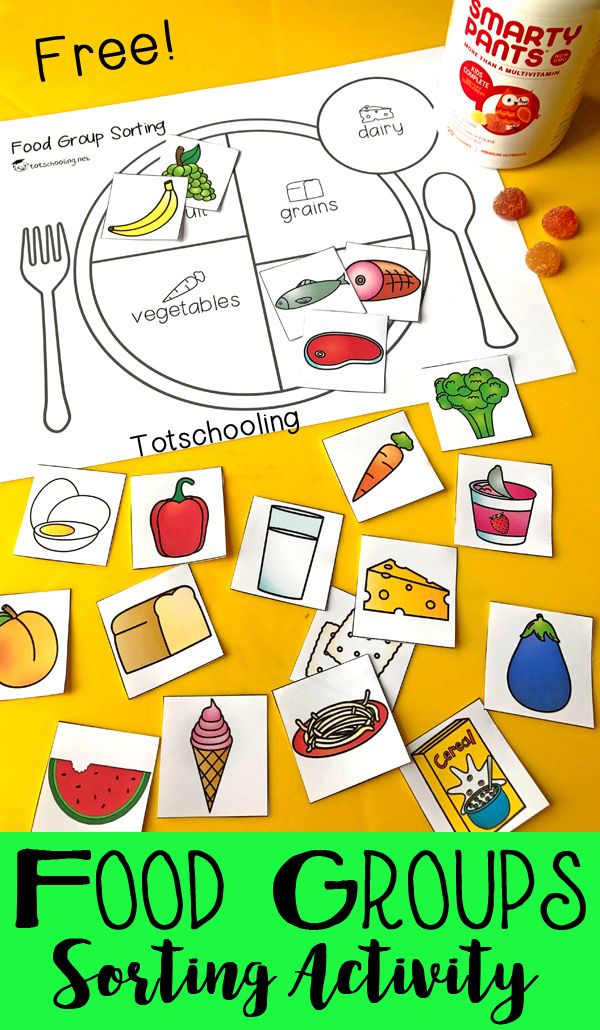 If you do buy any pre-prepared food for your baby, make sure it's suitable for their age, rather than toddlers or older children.
If you do buy any pre-prepared food for your baby, make sure it's suitable for their age, rather than toddlers or older children.
Healthy food swaps:
Instead of processed ready meals, why not try some of our baby food recipes?
- If you're just starting out, try our weekly weaning meal plans for you and your baby.
- See step-by-step recipes, plus extra tips and advice, with these weaning videos.
- Check out these quick and easy recipes for babies from six months to one year.
Pro tip: if you're short on time, try batch-cooking meals at the weekend. Freeze portions for your baby in separate small containers. Then you can simply defrost, reheat and go when it's time to feed your baby (NHS nd,b).
3. Sweets and chocolate
Chocolate and sweets may be tasty treats for grown-ups, but your baby really doesn't need them (NHS 2018a). They're full of empty calories that will fill them up without giving them the nutrients they need to grow (NHS 2017b).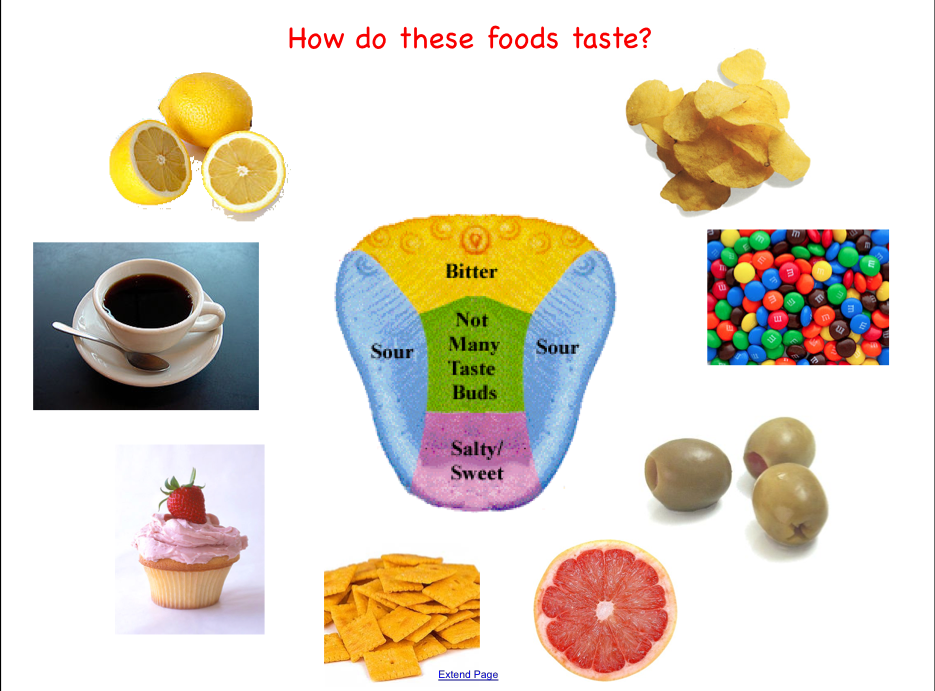 Plus, the sugar is bad for their emerging teeth (NHS 2018b).
Plus, the sugar is bad for their emerging teeth (NHS 2018b).
The foods you give your baby early on can influence the foods they'll enjoy as they grow up (ITF 2014a). Offering sweet foods now could encourage a sweet tooth, making it more difficult to encourage them to eat healthier foods later on (BNF 2009, ITF 2014a).
If you do want to give your baby sweets or chocolate, keep them to mealtimes only (Friedman 2017, NHS 2017b). If your baby has other food and drink at the same time, this can help to minimise the damage that the sugar will do to their teeth (Friedman 2017). The same goes for dried fruit, such as raisins, which are also high in sugar and can stick to your baby's teeth (NHS 2016a, 2017b).
Healthy food swaps:
Many types of fruit are deliciously sweet, as well as being packed with nutrients which make them a better option for your baby (NHS 2016a). Instead of chocolate or sweets, offer your baby chunks of fruit such as:
- banana
- peach
- melon
- mango
- kiwi
(ITF 2014b)
4.
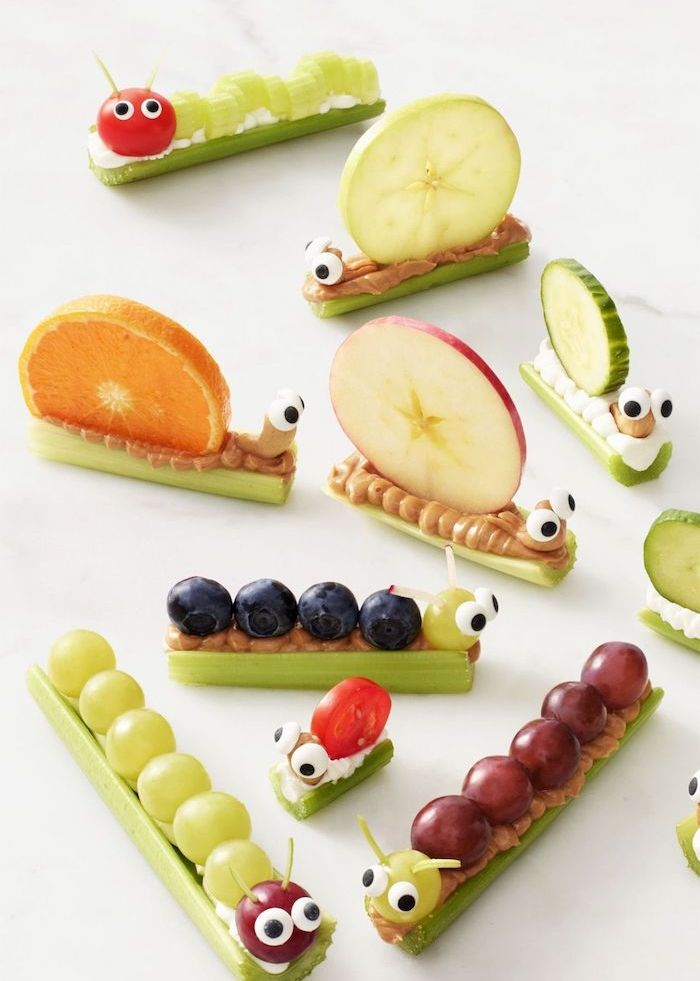 Fizzy drinks
Fizzy drinksYour baby never needs to have fizzy drinks. There are several reasons to avoid them:
- Most are packed with sugar, which isn't good for your baby (NHS 2017c).
- Some contain caffeine, which can be addictive, is bad for your baby's health, and may disturb their sleep (Healthline 2015).
- Even sugar-free fizzy drinks are highly acidic, which can damage your baby's developing teeth (NHS 2017c).
- Drinks containing sweeteners can encourage your baby to develop a sweet tooth, which could make it harder to introduce healthier foods and drinks to them as they grow (NHS 2017c).
- Fizzy drinks can fill your baby up quickly, so they may not have room to eat the foods they need to grow well (NHS 2017c).
Healthy drink swaps:
Until your baby is one year old, the only drinks they need are:
- their usual breastmilk or formula
- extra water with meals
(NHS 2017c)
Pro tip: from six months, try to offer your baby's drinks in a cup or free-flowing beaker (one without a valve) (NHS 2017c).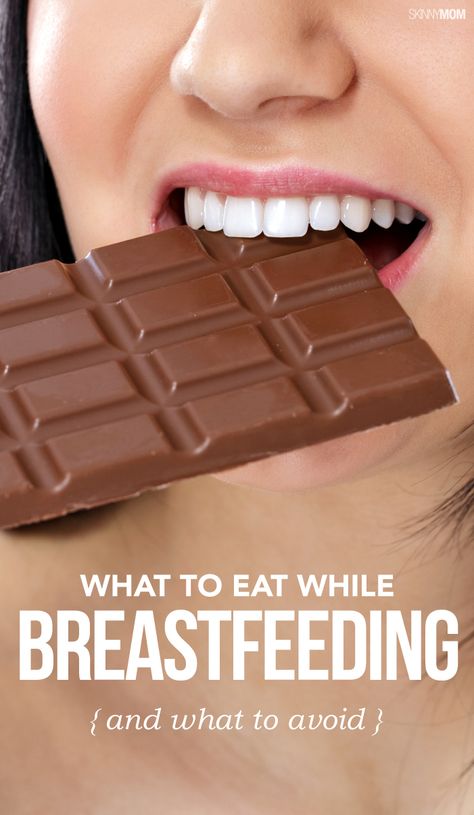 This will help them learn to sip instead of suck, which is better for their teeth (NHS 2017c). If your baby drinks their milk from a bottle, aim to switch to a cup by the time they're one year old (NHS 2017c).
This will help them learn to sip instead of suck, which is better for their teeth (NHS 2017c). If your baby drinks their milk from a bottle, aim to switch to a cup by the time they're one year old (NHS 2017c).
5. Fruit juices and smoothies
Fruit juice and fruit smoothies may sound like healthy options. But it's best not to give them to your baby, for much the same reasons you should avoid fizzy drinks. Fruit juices and smoothies are high in natural sugars and are acidic, meaning they can damage your baby's teeth (NHS 2017c).
Once you start to give your baby solid foods, they can have diluted fruit or vegetable juice at mealtimes, although they don't need it. If you do want to give your baby fruit juice with their meals, dilute it well, using at least 10 parts water to one part juice (NHS 2017c).
Watch out for drinks labelled as "fruit drinks" or "juice drinks". These often contain added sugar, and little in the way of vitamins or minerals, so it's best to avoid them completely (NHS 2017c).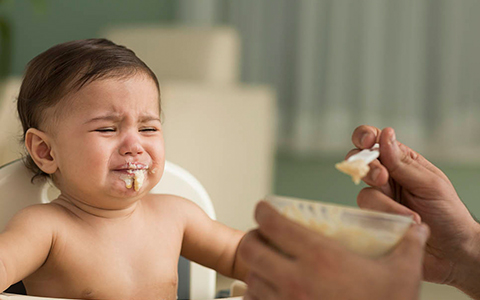
Healthy drink swaps:
As above, the only drinks your baby needs until their first birthday are:
- their usual breastmilk or formula
- extra water with meals
(NHS 2017c)
If your baby's over one year old, check out our article on drinks for toddlers.
More feeding tips
- The five best foods to offer your baby instead
- 10 great finger foods for baby-led weaning
- Videos: weaning recipes and advice
- Step-by-step recipes suitable from six months
References
BNF. 2009. Infant nutrition. British Nutrition Foundation, nutrition through life. www.nutrition.org.uk [Accessed February 2019]
Friedman M. 2017. Nutrition and your child's teeth. WebMD, Oral Care. www.webmd.com [Accessed February 2019]
Healthline. 2015. Ask the experts: when can kids start drinking coffee? Healthline. www.healthline.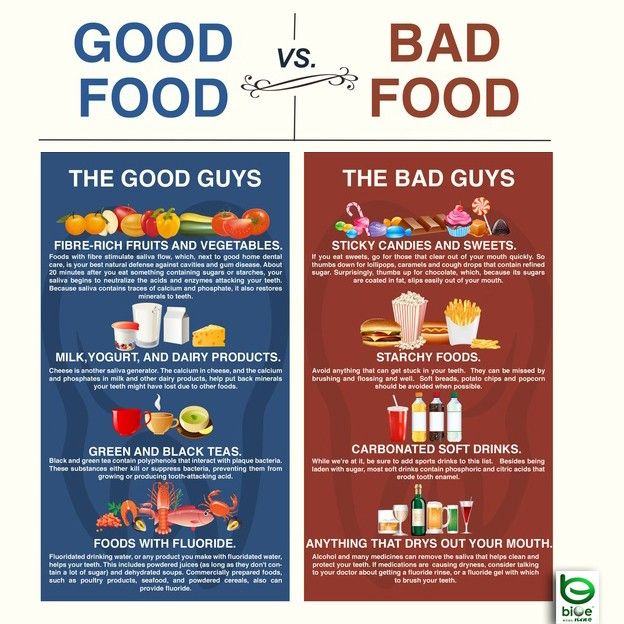 com [Accessed February 2019]
com [Accessed February 2019]
ITF. 2014a. Developmental stages in infant and toddler feeding. Infant and Toddler Forum, Toddler Factsheet 3.5. www.infantandtoddlerforum.org [Accessed February 2019]
ITF. 2014b. Weaning – learning to like new tastes and textures. Infant and Toddler Forum, guidance & tips for parents. www.infantandtoddlerforum.org [Accessed February 2019]
NHS. nd,a. What to feed your baby. NHS, Start4Life, Weaning. www.nhs.uk [Accessed February 2019]
NHS. nd,b. Safe weaning. NHS, Start4Life, Weaning. www.nhs.uk [Accessed February 2019]
NHS. 2013. Do processed baby foods 'lack nutritional value'? NHS, Behind the Headlines. www.nhs.uk [Accessed February 2019]
NHS. 2016a. What to feed young children. NHS, Health A-Z. www.nhs.uk [Accessed February 2019]
NHS. 2017a. Eating processed foods. NHS, Live Well. www.nhs.uk [Accessed February 2019]
NHS. 2017b. How does sugar in our diet affect our health? NHS, Live Well.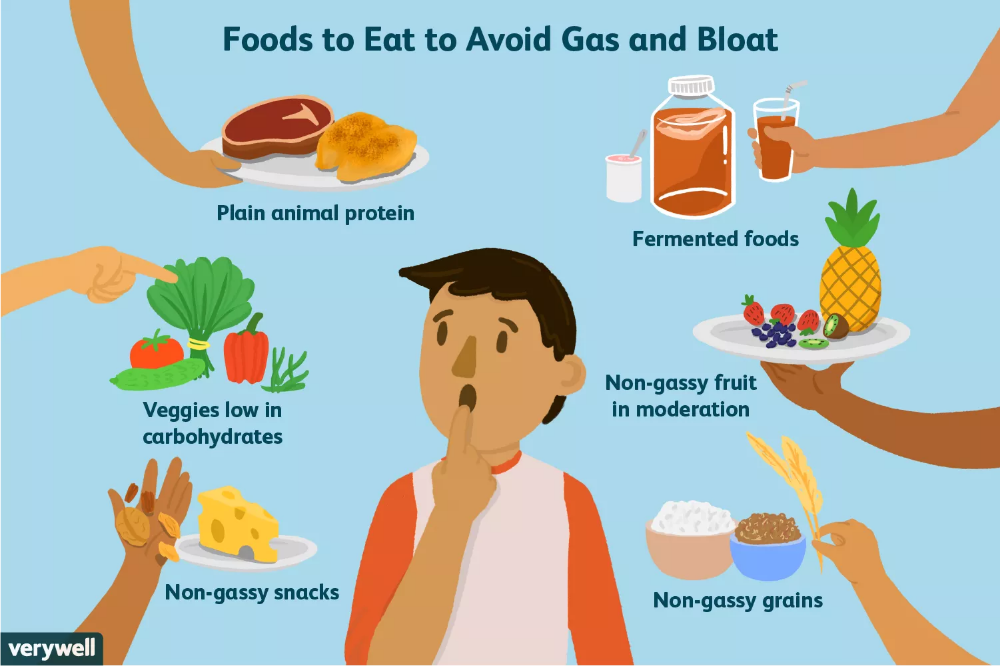 www.nhs.uk [Accessed February 2019]
www.nhs.uk [Accessed February 2019]
NHS. 2017c. Drinks and cups for babies and young children. NHS, Health A-Z. www.nhs.uk [Accessed February 2019]
NHS. 2018a. Foods to avoid giving babies and young children. NHS, Health A-Z. www.nhs.uk [Accessed February 2019]
NHS. 2018b. Salt: the facts. NHS, Live Well. www.nhs.uk [Accessed February 2019]
NHS. 2018c. Your baby's first solid foods. NHS, Health A-Z. www.nhs.uk [Accessed February 2019]
Show references Hide references
List of harmful foods for children: what not to feed a child - April 4, 2021
Lifestyle
April 4, 2021, 14:17
34 comments / 74.RUShare
It's not just about sugar.
We decided to take a closer look at children's food and find out what children should stay away from. It is clear that the list would definitely include lollipops and other sweets, curd cheeses, ketchups with mayonnaise - you yourself can tell anyone about the harmful properties of these products.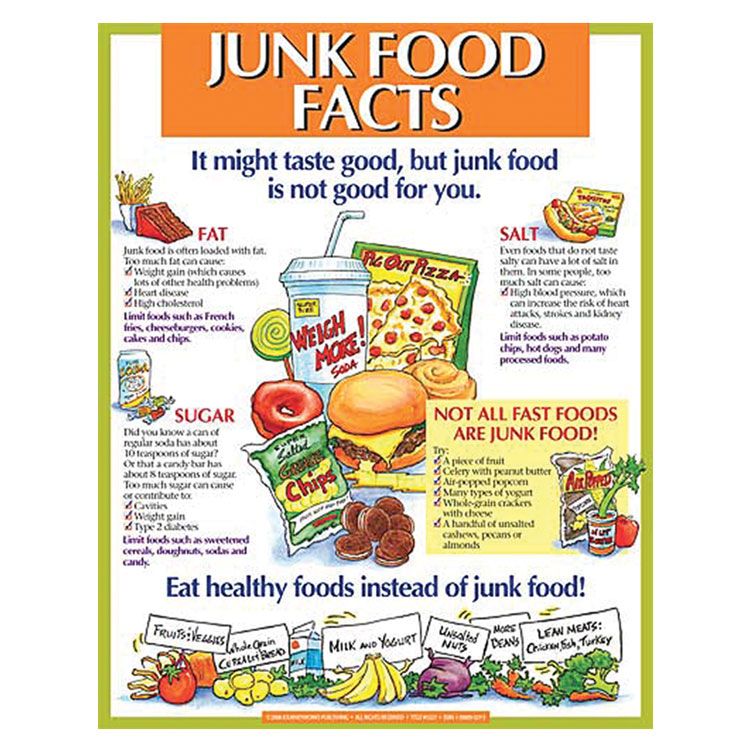 But there is food that only seems harmless.
But there is food that only seems harmless.
Here's what's harmful about foods that are popular with children
Author: Petr Gindin
We didn't analyze fast food by molecules, but we studied other food that is popular with childrenPhoto: Ilya Barkhatov / 74.RU What is really hidden in nuggetsVitaly Kalistratov / Network of city portalsReconstituted juice is not the best treat for children
Vitaliy Kalistratov / Network of city portalsHow to distinguish good yogurt from bad
Vitaliy Kalistratov / Network of city portals
1
Chicken nuggets
At first glance, there is nothing wrong with nuggets - chicken breast, breading of flour or breadcrumbs, sometimes cheese - that, in general, is the whole composition. But while manufacturers focus on the fact that their nuggets are made from real chicken, let's take a closer look at this dish.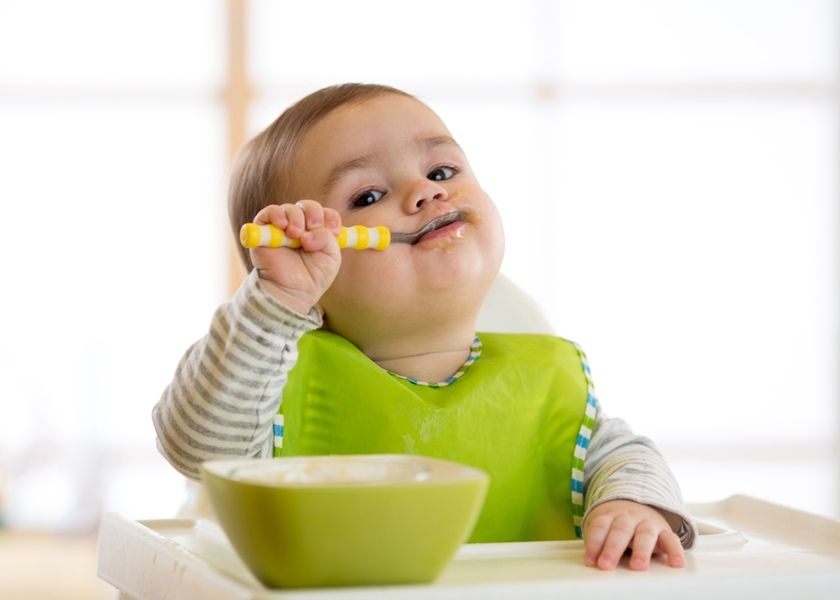 The first thing that brings all possible benefits to zero is deep fat. With this method of heat treatment, carcinogens are formed, and a merciless amount of oil makes the product fatty and high-calorie.
The first thing that brings all possible benefits to zero is deep fat. With this method of heat treatment, carcinogens are formed, and a merciless amount of oil makes the product fatty and high-calorie.
Another point is the proportion of meat and everything else. The examination showed that often there is a lot of breading in nuggets - up to 50% of the total mass. There are no regulations regarding ingredients, so, in fact, manufacturers do not violate anything. But not only do you overpay for crackers and butter, it also turns out that the protein in the nuggets is less than it should be in the chicken breast, and there are too many carbohydrates.
Nuggets can also contain too much moisture. Yes, this makes them juicier, but you overpay for plain water. And due to the fact that in addition to chicken meat, nuggets contain many other ingredients (including those not indicated in the composition), their nutritional value is much lower compared to the same chicken breast.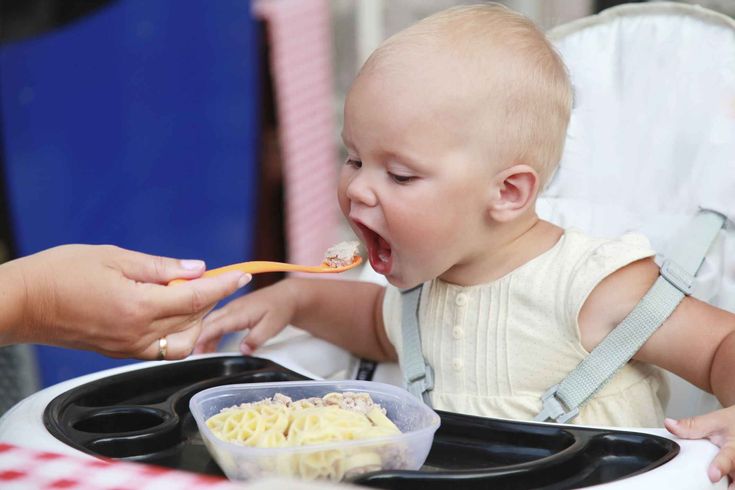
Vitaliy Kalistratov / Network of city portals
And do not forget that nuggets are a product of deep processing. With sugar (even if it is not felt, but it is) and added fats.
“Over time, due to the uncontrolled consumption of large amounts of sugar, a person develops insulin resistance,” says dietitian Irina Toropygina. - Decreased sensitivity of insulin receptors. That is, there is a lot of glucose in the blood, but it is not absorbed, does not enter the cell, the cell experiences hunger and does not receive glucose to perform energy functions. In response to this, a person consumes sweets even more and only aggravates the situation. Excessive consumption of sugar inevitably leads to the development of carbohydrate dependence and, over time, to the formation of diabetes mellitus and obesity.
Irina Toropygina — dietitian, specialist in functional integrative nutrition, DNA testing specialist.
We didn’t disassemble fast food by molecules, but we studied other food popular with childrenPhoto: Ilya Barkhatov / 74. RUWhat is really hidden in nuggets
RUWhat is really hidden in nuggets Vitaly Kalistratov / Network of city portals to distinguish good yogurt from bad
Vitaliy Kalistratov / Network of city portals
Share
2
Corn flakes and muesli
Doctors say that it is more beneficial to feed a child with biscuits than corn flakes - they even have less sugar. In addition, the option of a light and quick breakfast, beloved by children (and sometimes their parents), will “give” the body extra sweeteners, flavor enhancers and flavors. And if you see the inscription “enriched” on the packaging, this only indicates that the product has undergone maximum industrial processing.
Maybe replace muesli flakes? Maybe. But not the fact that they will be more useful.
— Due to the content of cereals and nuts, any muesli is quite high in calories: from 300 kcal and more, — says dietitian Elena Pavlovskaya. - Baked ones are fried in oil: they are, of course, tasty and crispy, but this is more a dessert than a healthy meal.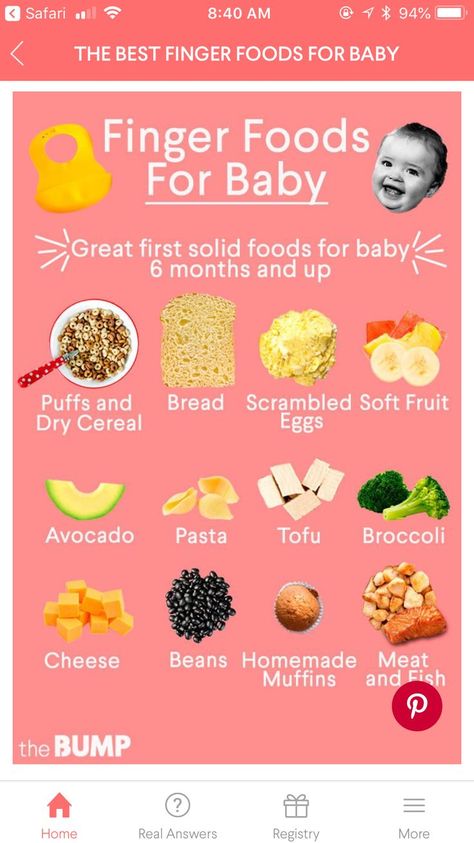 The recommended amount of muesli even for an adult is no more than 30–50 grams per day. Do not forget that there are contraindications to eating muesli: if you have an exacerbation of gastritis or problems with the intestines, you do not need to eat them. They contain a lot of dietary fiber, which can irritate the mucous membrane of the stomach and intestines.
The recommended amount of muesli even for an adult is no more than 30–50 grams per day. Do not forget that there are contraindications to eating muesli: if you have an exacerbation of gastritis or problems with the intestines, you do not need to eat them. They contain a lot of dietary fiber, which can irritate the mucous membrane of the stomach and intestines.
Elena Pavlovskaya — dietitian, candidate of medical sciences, researcher at the clinic of the Research Institute of Nutrition of the Russian Academy of Medical Sciences.
Vitaly Kalistratov / Network of city portals portalsHow to distinguish good yogurt from bad
Vitaliy Kalistratov / Network of city portals
Share
3
Juice
Children's juice producers are usually honest with their little consumers.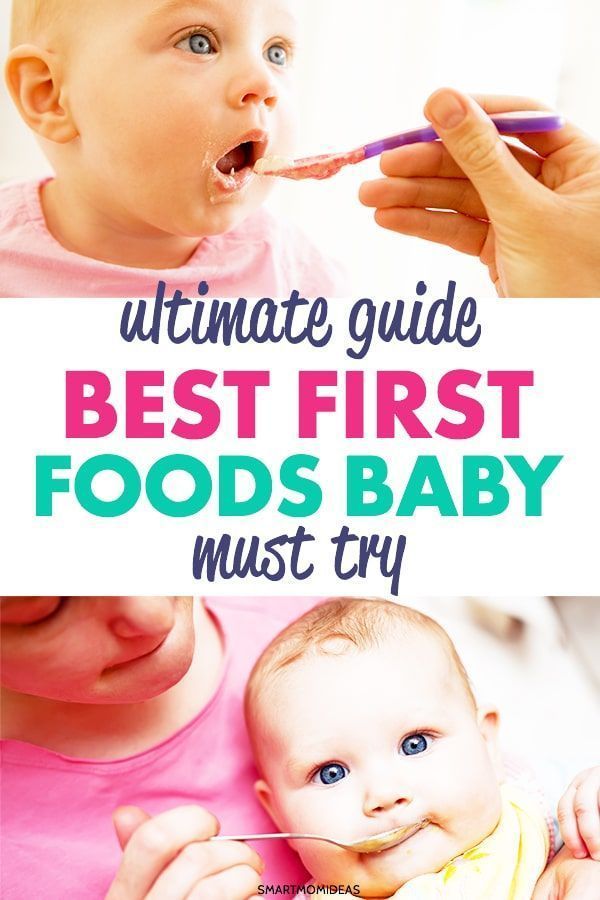 In their examination products, neither sulfur dioxide (a preservative), nor ethyl alcohol, nor patulin (a toxic substance of natural origin that affects the digestive tract; sometimes present in food) is found. These drinks are made from exactly the fruits indicated on the package, they even contain a certain amount of vitamins and nutrients. But what's the catch?
In their examination products, neither sulfur dioxide (a preservative), nor ethyl alcohol, nor patulin (a toxic substance of natural origin that affects the digestive tract; sometimes present in food) is found. These drinks are made from exactly the fruits indicated on the package, they even contain a certain amount of vitamins and nutrients. But what's the catch?
“Let's start with the fact that the best source of fluid for both a child and an adult is water,” says nutritionist Irina Borodina. – Theoretically, juices can be used for baby food, but we must remember that packaged juices contain a lot of sugar, have a high glycemic index, increase appetite, have a sweet taste, which can lead to the formation of wrong taste preferences and refusal of some children from unsweetened foods (vegetable puree, porridge without sugar). For children 7-12 months old, the World Health Organization generally recommends not giving juices, but chopped raw fruits and vegetables: for example, banana, melon or tomato.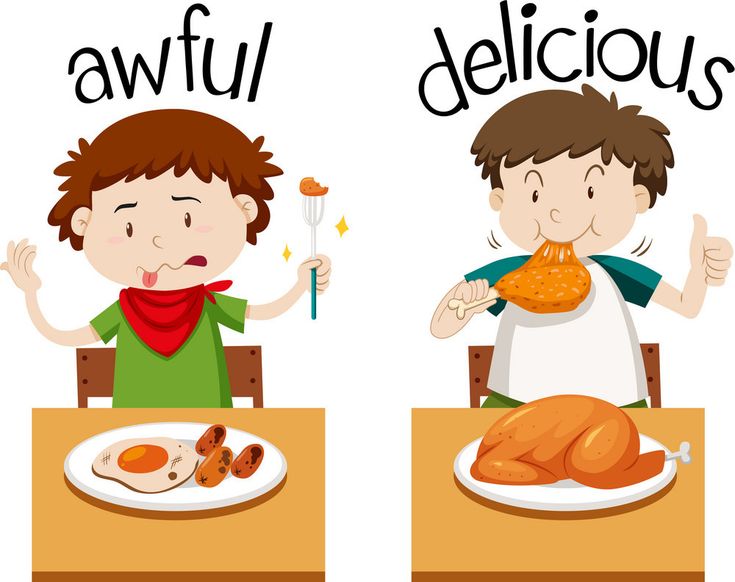
Irina Borodina — dietician, candidate of sciences, therapist of the 1st category.
Rospotrebnadzor notes that the most useful juice products are freshly squeezed juices made at home or in a restaurant. They retain the vitamins that were in the "source codes". But even they are not as healthy as whole vegetables and fruits due to the abundance of simple carbohydrates and low fiber content. Pasteurized direct-pressed juices are somewhat less useful. They are made from fresh vegetables, fruits or berries by mechanical pressing, and then kept at a temperature of 60-80 degrees: this method allows you to save a significant part of the beneficial properties of freshly squeezed juice. Reconstituted juice is even less useful. There are very few vitamins in it, and to make it healthier, manufacturers can artificially add vitamins and other biologically active substances (and this will be enriched juice).
Vitaly Kalistratov / City Portal Network portalsReconstituted juice is not the best treat for children
Vitaly Kalistratov / Network of city portalsHow to distinguish good yogurt from bad
Vitaly Kalistratov / Network of city portals
Share
4
Yoghurt
If children tried the “proper” yogurt, most likely they would refuse it once and for all - it is almost tasteless. But in a natural product there are definitely those very living bacteria for which it is valued. But the choice of thermally processed yogurts (the very ones that you see on store shelves) is Russian roulette. In addition, it is important to separate at least two types of products in it: for babies from eight months and for children from three years old.
But in a natural product there are definitely those very living bacteria for which it is valued. But the choice of thermally processed yogurts (the very ones that you see on store shelves) is Russian roulette. In addition, it is important to separate at least two types of products in it: for babies from eight months and for children from three years old.
Yoghurts for babies from three years of age usually contain almost twice as much sugar as yogurts for babies from eight months. For a child under three years of age, this amount of sugar puts a lot of stress on the liver and pancreas. The risk of developing diabetes and obesity increases. Therefore, added sugar in complementary foods, if possible, should not be at all. Also, yogurts for children over three years old may have a higher acidity, which is also not good for babies.
Children's dairy products should contain no more than 7-8% sugar. Studies show that in some cases this norm is significantly exceeded (but who will tell you about it on the packaging!) - 10% or more.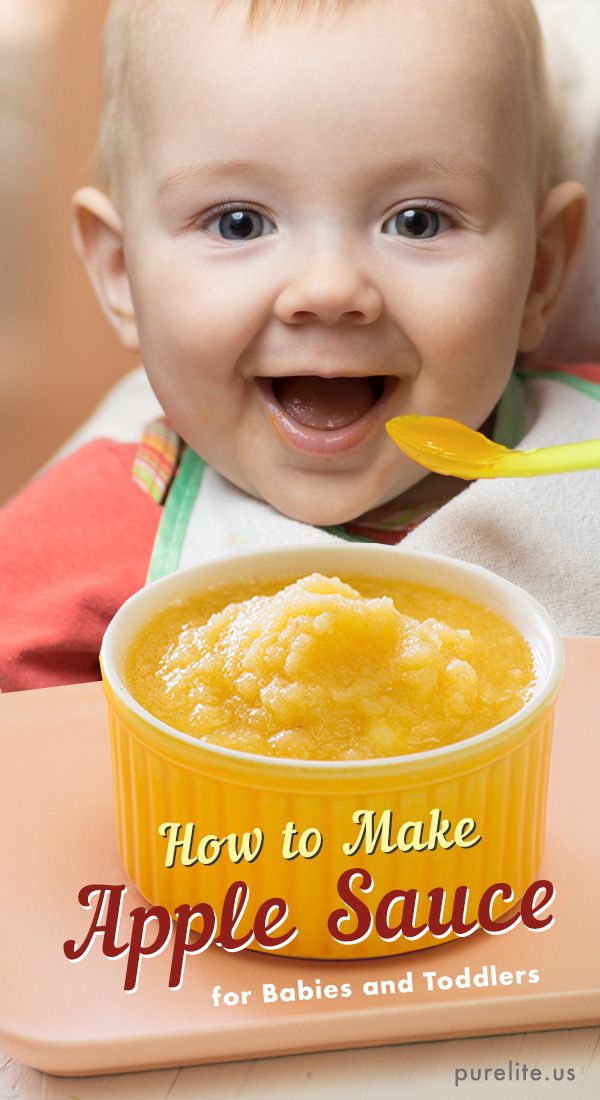 Three sugar cubes in one jar. Half the daily value of an eight-month-old baby.
Three sugar cubes in one jar. Half the daily value of an eight-month-old baby.
— For example: ice cream contains four tablespoons of sugar, vanilla yogurt contains five, and 300 grams of sparkling water contains nine, says Irina Toropygina. “Besides, we all heard about probiotics, but their effect is somewhat exaggerated. They artificially settle in the intestines and restore the population of beneficial bacteria. This is their main property. However, most of it is lost during digestion.
Vitaliy Kalistratov / Network of city portals
An important component of yogurt is calcium. According to reference data, natural yogurt should contain 110–125 mg of calcium per 100 g of product. Some manufacturers promise even more - up to 240 mg. But these numbers remain only on the packaging. Experts checked how much calcium is in different yogurts. It turned out to be 2-3 times less than promised. That is, sometimes manufacturers take the numbers on the packaging, as they say, from the ceiling.
Calcium is essential for normal growth and development of the child. With its deficiency, the formation of bones and teeth is disturbed, children suffer from nervous disorders, increased nervous excitability, and convulsions may occur. The daily requirement for calcium depends on the age of the child. It is, according to the norms of physiological needs for energy and nutrients for various groups of the population of the Russian Federation: from birth to 3 months. - 400 mg, 4-6 months. - 500 mg, 7-12 months. - 600 mg; from 1 year to 3 years - 800 mg, from 3 to 7 years - 900 mg, from 7 to 11 years - 1100 mg.
“Children get only empty carbohydrates from sweet yoghurts,” says pediatric endocrinologist Natalia Lomonosova. - But dairy products cannot be excluded from the children's diet. They can and should be eaten. But let it be ordinary kefir, without sugar. If the child loves "Snowball", add half a teaspoon of sugar to a glass of kefir, it will be more useful. The child will receive both calcium and protein.
Vitaly Kalistratov / City Portal NetworkReconstituted juice is not the best treat for children
Vitaly Kalistratov / City Portal NetworkHow to tell good yogurt from bad
Vitaly Kalistratov / City Portal Network
Share
5
Instant noodles have been proven
these doshiraki are the same egg noodles, and without the seasonings that are in the package with the product, everything is not so bad. But it should be excluded from baby food. Instant noodles, brewed according to all the rules indicated on the package, are mostly rich in phthalates - chemicals that can cause endocrine disruption, reduce testosterone levels and harm reproductive performance. A large amount of phthalates, as it turned out, is contained in cheese powder (it's time to skip the cheese-flavored pack) - more only in flexible PVC and some types of cosmetics.
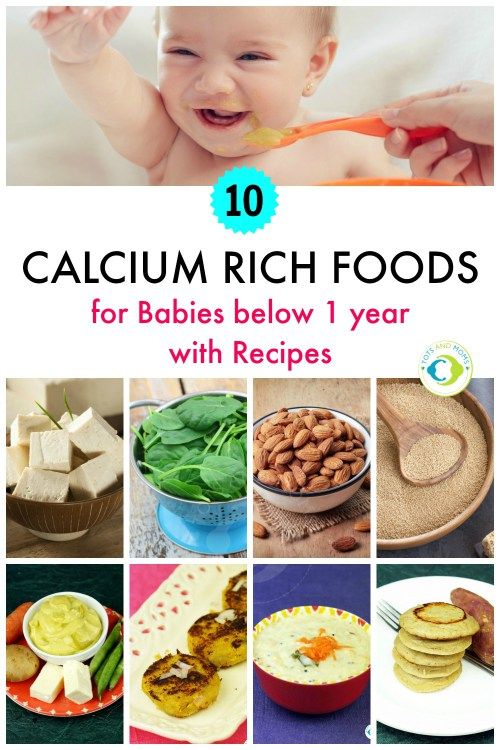 For all that, the European Union, known for its strict regulations on food and household chemicals, has not listed phthalates on the list of highly hazardous substances, so manufacturers, in general, work within the established norms.
For all that, the European Union, known for its strict regulations on food and household chemicals, has not listed phthalates on the list of highly hazardous substances, so manufacturers, in general, work within the established norms. We didn’t analyze fast food by molecules, but we studied other food popular with childrenPhoto: Ilya Barkhatov / 74.RUWhat is really hidden in nuggets
Vitaly Kalistratov / Network of city portals portalsHow to distinguish good yogurt from bad
Vitaliy Kalistratov / Network of city portals
Share
ChildrenFoodBreakfastSchool breakfasts
SURPRISE0
Sadianess1
Comments 34
Read all comments to commentary commentYou join
The most vivid photos and videos of the day - in our groups on social networks
- telegram
- Yandex.Desen
9 Select a fragment and press Ctrl+Enter
Media news2
report news
Send your news to the editor, tell us about a problem or suggest a topic for publication.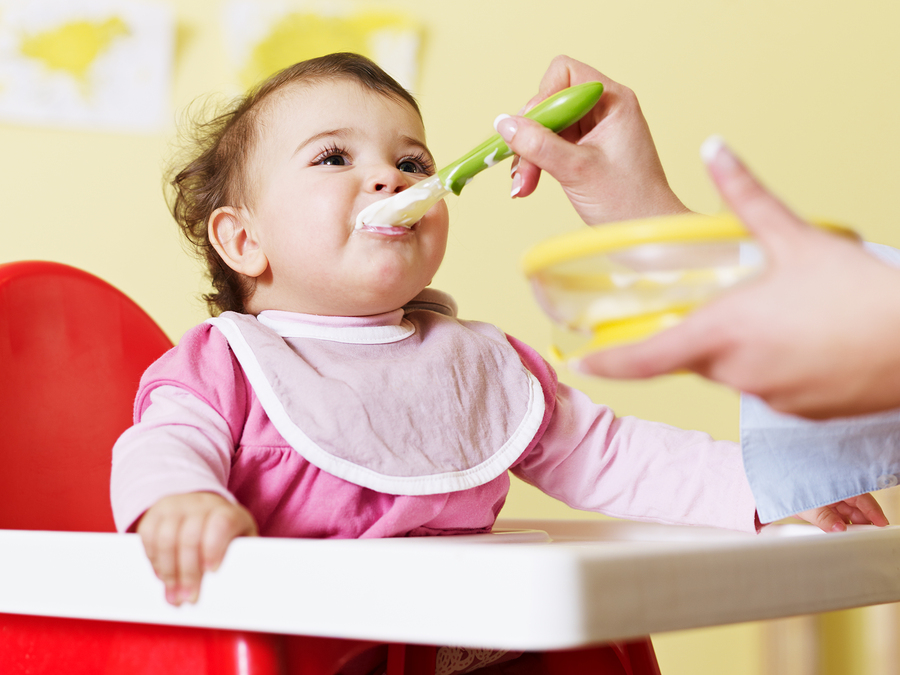 Upload your video and photos here.
Upload your video and photos here.
- Vkontakte group
Company news
Comments34
Harmful foods for children
The body of a small child is still very weak, any careless action can bring an imbalance into this extremely fragile system. The baby's digestive system is especially susceptible to all sorts of threats, because the child is just learning to eat adult food.
We all know what is healthy and necessary for a child to eat. But we often forget that some foods can be harmful to health, especially for the health of the child. What are these products?
Of course, everyone's favorite sweets - sweets, cakes, cookies are in the first place. These products do not carry any benefit; neither vitamins nor minerals enter the body with them. In addition, sweets discourage appetite for healthier foods, which also does not add benefits.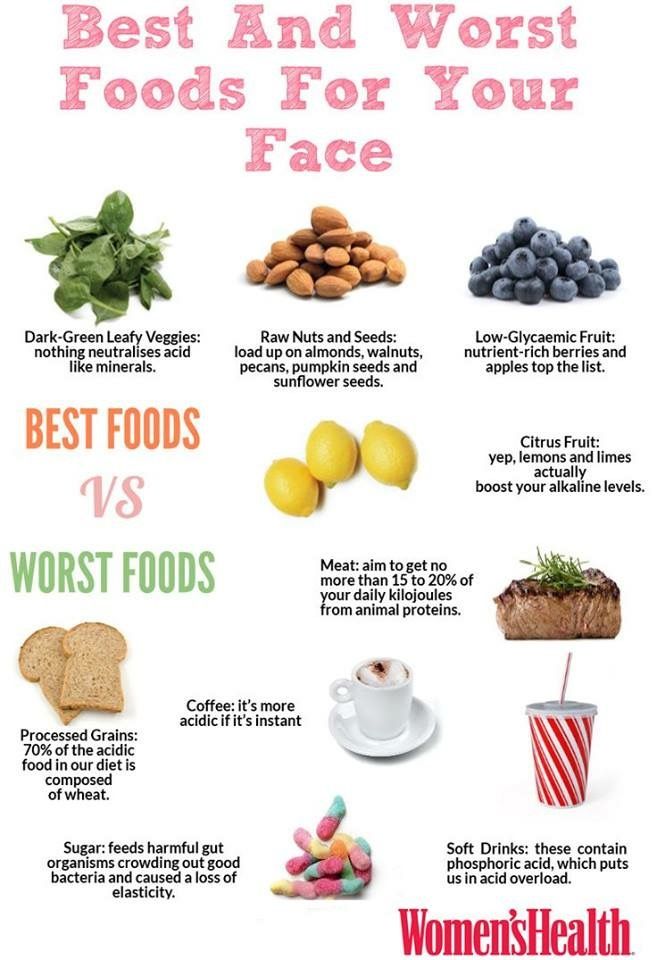 Therefore, the child should be given confectionery very rarely, in small quantities.
Therefore, the child should be given confectionery very rarely, in small quantities.
It is also important to remember that sweets damage teeth and can affect the normal development of a child's teeth.
Canned fruits and vegetables should also be avoided. Fresh fruits and vegetables are much healthier for your child. Canned meat and fish may contain various chemical additives that give them an appetizing appearance and flavor. But these additives are extremely hazardous to health. Do not give these products to children!
Sweet carbonated water - irreparable harm to a fragile child's body! Doctors never tire of repeating how dangerous this product is. Indeed, in addition to sugar, soda contains many chemical dyes and flavors that simply “kill” the human digestive system. It is better not to give the baby the opportunity to fall in love with sweet soda.
Fast food is practically the quintessence of all harmful things.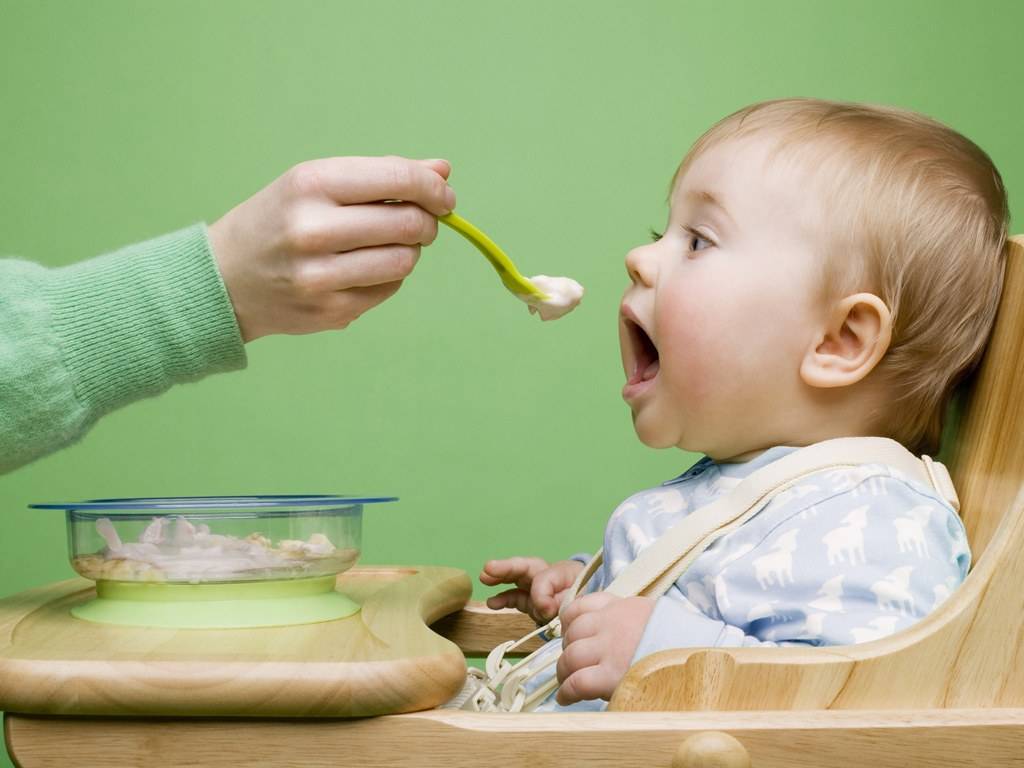 In such, so to speak, food, a lot of saturated fats and carbohydrates, synthetic additives and substitutes. Pediatricians urge parents not to accustom children to fast food.
In such, so to speak, food, a lot of saturated fats and carbohydrates, synthetic additives and substitutes. Pediatricians urge parents not to accustom children to fast food.
Chips, croutons and other snacks are also known for their "harmfulness". A lot of fat and chemicals are also used in the production of these products. Therefore, to preserve the health of the child, such food should not be given to him.
Even such familiar foods as boiled and smoked sausages, meat and fish delicacies are very harmful to the child's body due to their saturation with various spices and additives.
Separately, it is worth mentioning mushrooms - small children should not eat them. Not only are mushrooms generally difficult to digest by the human body, but also modern ecology makes this product even more dangerous. After all, mushrooms absorb from the environment all those harmful substances that are in it.
Unfortunately, we ourselves, the parents of , teach the child to harmful products.